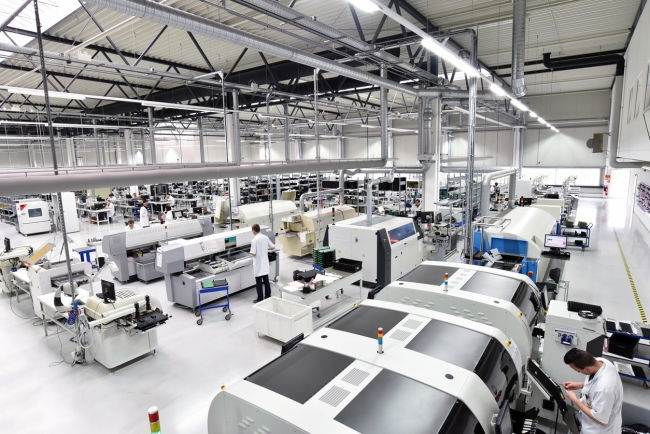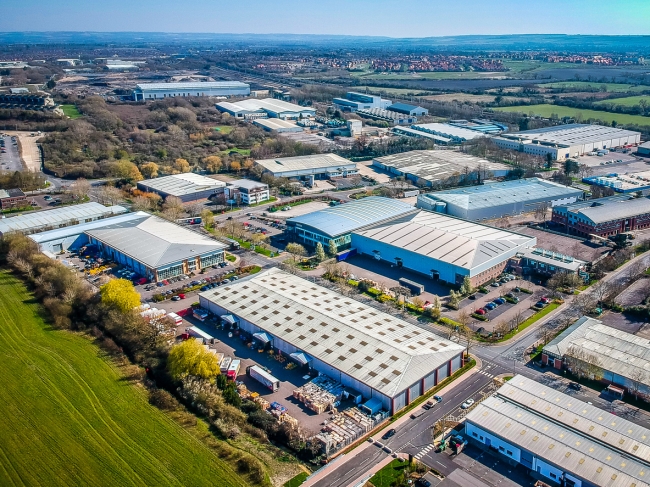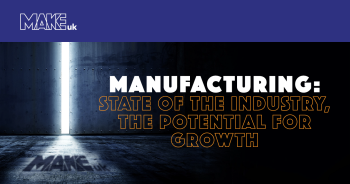3 minute read - 7th July 2022
Calls for 15% GDP target for UK manufacturing that would result in a £142bn boost to the economy
On the UK’s first National Manufacturing Day, Make UK is calling on the government to set an ambitious target for the country’s manufacturers to deliver a 15% share of UK GDP, up from 10% this year.
To mark the day, Make UK has published a short bulletin, Manufacturing: State of the industry, the potential for growth which suggests that growing manufacturing’s contribution from the current 10% to 15% of GDP would deliver £142bn to Britain’s economy and would help to achieve the government’s desire to level up large swathes of the country.
Make UK is calling on the government to work with industry to develop a reinvigorated Industrial Strategy to help capitalise on untapped potential. This comes as latest figures reveal that 75% of companies have not heard of the government’s ‘plan for growth’, which ministers heralded earlier this year as the replacement for the long-awaited Industrial Strategy, which laid out a long-term growth plan for manufacturing in the UK. Manufacturers have told Make UK they are ready to grow, but they cannot do this alone – they say they need the right support from the government to create the correct business environment to enable companies to thrive.

Make UK is calling for a 15% GDP target for UK manufacturing, a move that could deliver £142bn for the economy / Picture Getty/iStock
Never miss the latest manufacturing news by signing up to our newsletter here
When it asked manufacturers to pick the top three initiatives to help them grow their business in the next five years, companies put incentives for investment top of the list, with investment in apprenticeships second and stronger local industrial strategies coming in third place for 27% of manufacturers. Greater support for exports was also seen as key, with 22% of companies surveyed saying greater power for local leaders making good local decisions for business was key.
To kickstart growth ambitions across Britain’s manufacturing sector and give companies the confidence to make bigger and bolder decisions, Make UK says the government should:
• Make the annual investment allowance increase permanent
• Expand the R&D tax relief scheme to include capital expenditure
• Reform the apprenticeship levy to make it work better for business
• Create a business rates scheme that helps, not hinders business investment decisions
• Deliver simple bespoke export support to business including improving access to local market knowledge in new export markets
Make UK adds that the super-deduction should also be extended to kick-start investment until a generous and long-term capital allowance scheme is introduced. This could be a permanent increase to the annual investment allowance or full expensing, as currently proposed by the Treasury.

9 in 10 manufacturers think the government should introduce a national target to grow manufacturing’s share of GDP / Picture: Getty/iStock
Stephen Phipson, CEO of Make UK, said: “Government has already identified manufacturing as a growth sector and has done much to support it, firstly through incredibly challenging environment of the pandemic and with a series of measures to help the sector bounce back as trade started to normalise.
“However, to further tap into the growth, agility and resilience Britain’s manufacturers have shown over the last two years, imaginative solutions are needed to make sure the full potential is reached. It is not an overly ambitious target to say that manufacturing can grow to deliver 15% share of UK GDP, but government does need to help companies be confident enough to make big investment decisions by helping with some key incentives such as making the annual investment allowance increase permanent and expanding the R&D tax relief scheme to include capital expenditure.”
Some 13% of manufacturers said that help for investment in digital technologies would also enable them to speed up their growth plans. Cutting edge technologies such as 3D printing, artificial intelligence (AI) among others are transforming the sector, with investment boosted during the pandemic. Lower costs, increased productivity and achieving carbon emission reduction are some of the benefits manufacturers are already seeing, but help for companies to further invest in capital equipment to speed up decarbonisation would also simultaneously deliver a productivity boost through better, more efficient processes and equipment.
